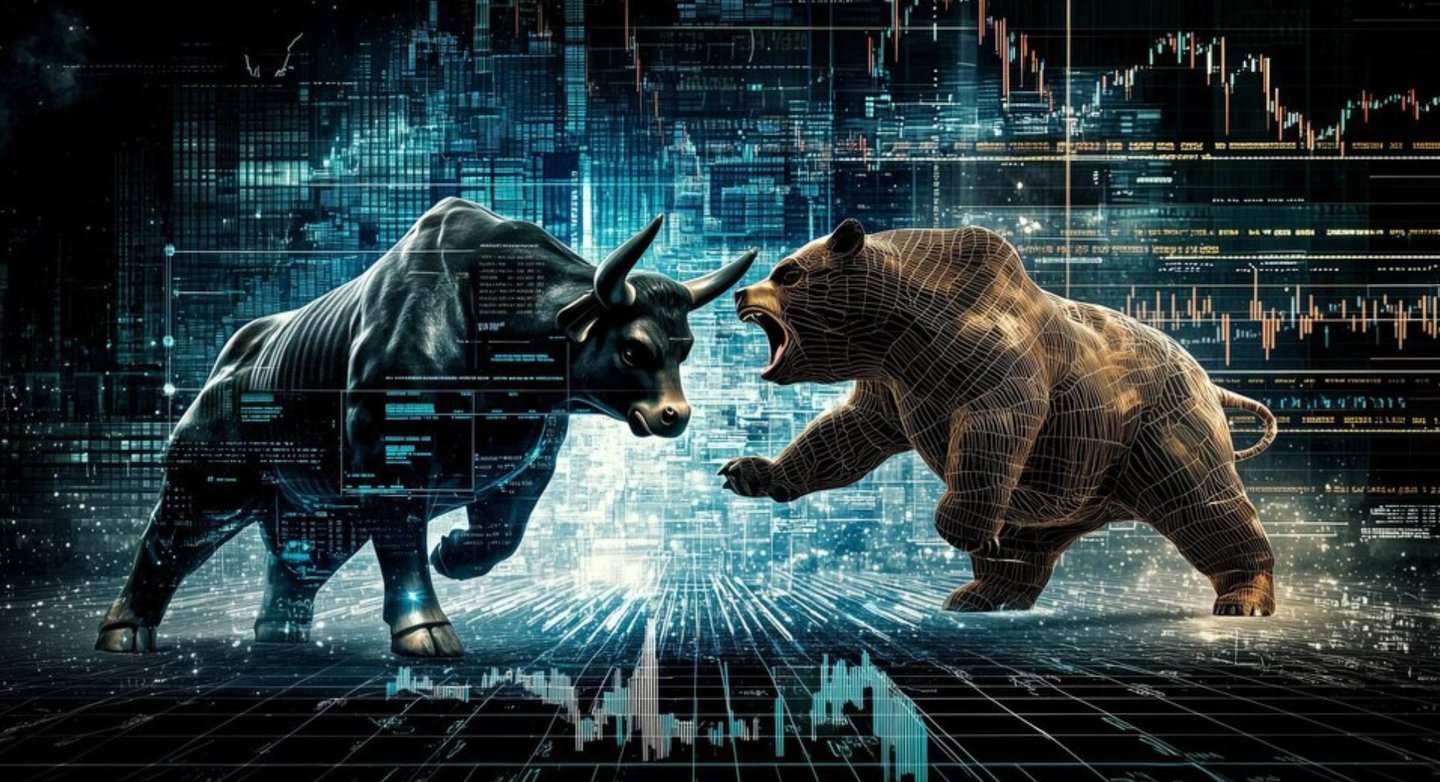Compound Trading AI: Smart Profits, Less Stress!
Creatify
2/8/20254 min read


Not unusual is the banking sector; Compound Trading AI has transformed many other fields. AI-driven approaches—which provide improved profitability and efficiency—have started to be somewhat common in trading. Compound trading artificial intelligence is one interesting advancement in this field as it uses sophisticated algorithms to maximize trading results.
Value of Compound Trading AI
Compound trading artificial intelligence is the use of artificial intelligence technologies into trading strategies to optimize compounding of profits. These systems hunt profitable trading opportunities by means of machine learning and deep reinforcement learning in big datasets. Profit reinvestments should provide exponential growth over time.
Contributions of Machine Learning to Finance
Particularly in constructing AI-driven trading strategies, modern finance relies significantly on machine learning. By use of pattern recognition and prior data analysis, machine learning techniques may predict future market movements. This predictive ability drives algorithmic and quantitative trading, in which decisions must be made fast to grab fleeting opportunities.
Quantitative and algorithmic trading
Algorithmic trading is the application of computer algorithms directed towards predefined criteria-based trades. Mathematical models help to identify trade opportunities within the domain of quantitative trading in algorithmic trading. Artificial intelligence enhances these approaches by increasing prediction accuracy and enabling the development of more sophisticated trading algorithms.
Deep Reinforcement Learning in Trading
Combining deep reinforcement learning concepts with neural networks allows trading algorithms to learn from market interactions. This approach facilitates the development of strategies appropriate for the changing condition of the market, thereby enhancing the efficiency of the financial markets and maybe reducing market volatility.
Bots and Systems Automated in Trading
Often referred to as trading bots, automated trading systems perform transactions free from human intervention. These systems evaluate trading decisions using artificial intelligence trading algorithms based on market data. High-frequency trading—a kind of automated trading—gains small price variations by running many orders at extremely quick rates.
Predictive Analytics for Trading Signals
In trading, predictive analytics is the use of statistical methods and machine learning to forecast future market changes. These projections let artificial intelligence-powered trading algorithms provide trading signals instructing traders on when to purchase or sell assets. This approach helps one make better decisions and could lead to improved trading results.
Artificial intelligence trading: control of risk
Good risk management is very important in artificial intelligence-driven trading. Artificial intelligence systems may assess risk factors and allow the deployment of strategies aimed to reduce prospective loss by means of market volatility analysis and other indicators. This competence helps to sustain the profitability and stability of trade activity.
Artificial Intelligence Applied in Portfolio and Asset Management
In asset management, artificial intelligence aids in portfolio evaluation so as to optimize returns. By evaluating various factors, including market fluctuations and asset correlations, artificial intelligence systems might propose adjustments to portfolio allocation. This process aims to optimize performance considering the objectives of the investor and risk tolerance under the term trading strategy optimization.
Development of trading software and system architecture
Good artificial intelligence trading systems require robust trading software and system design. This means developing systems competent of huge volume of real-time data processing, efficient trade execution, and market scenario adaption. The design must provide the reliability and scalability of the system as well as assist to combine many artificial intelligence models.
Artificial intelligence trading and model improvement research
Maintaining the success of artificial intelligence trading systems calls for continuous study and model development. This process consists of evaluating system performance, spotting development potential, and modifying models to fit new data and market dynamics. Constant research assures that trading strategies remain competitive and efficient in obtaining anticipated objectives.
Issues and ideas on artificial intelligence-driven trading
Though it offers enormous advantages in trading, artificial intelligence poses challenges. Dependency on large datasets and advanced models could lead to overfitting, in which case models perform well on old data but poorly on new data. Moreover, the use of artificial intelligence in trading might cause increased market volatility since automated systems could react simultaneously to events. Therefore, comprehensive risk management procedures and continuous monitoring of artificial intelligence systems are rather essential to ensure their proper functioning.
Compound trading artificial intelligence future developments
Compound trading artificial intelligence is most likely to include even greater integration of innovative technologies including sentiment analysis and natural language processing in order to enhance decision-making. Moreover, influencing AI-driven trading strategies are the availability of high-quality data and the evolution of ever sophisticated machine learning models. Artificial intelligence should become even more significant in financial markets as these technologies advance.
Sort
Compound trading artificial intelligence represents a significant change in the financial industry given the potential for higher efficiency and profitability. By use of artificial intelligence, machine learning, and advanced analytics, traders may design strategies maximizing profits and appropriate for evolving market conditions. To ensure their effectiveness, however, approach AI-driven trading cautiously, use robust risk management strategies, and constantly refining models.
FAQs
Describe artificial intelligence compound trading.
Artificial intelligence compound trading employs strong algorithms to examine market data and make trades, therefore optimizing profits by means of reinvestment of earnings.
How may machine learning help to enhance trading methods?
Through trend analysis of historical data to project future market movements, machine learning enhances trading strategies and facilitates the development of algorithms capable of sensible trading decisions.
What risks surround artificial intelligence driven trade?
Risks associated with AI-driven trading include higher market volatility brought on by concurrent automated trading activity, overfitting models to historical data, and continuous monitoring to ensure system efficiency.
In trading, how may deep reinforcement learn help?
Deep reinforcement learning is related to trading as it enables computers learn ideal strategies by means of interactions with the market, therefore enabling adaptation to match changing conditions and improvement over time.
Where in the financial markets artificial intelligence will find expression?
Artificial intelligence in financial markets will include more advanced technologies such natural language processing and sentiment analysis as well as the building of sophisticated machine learning models to enhance trading tactics and market efficiency.
